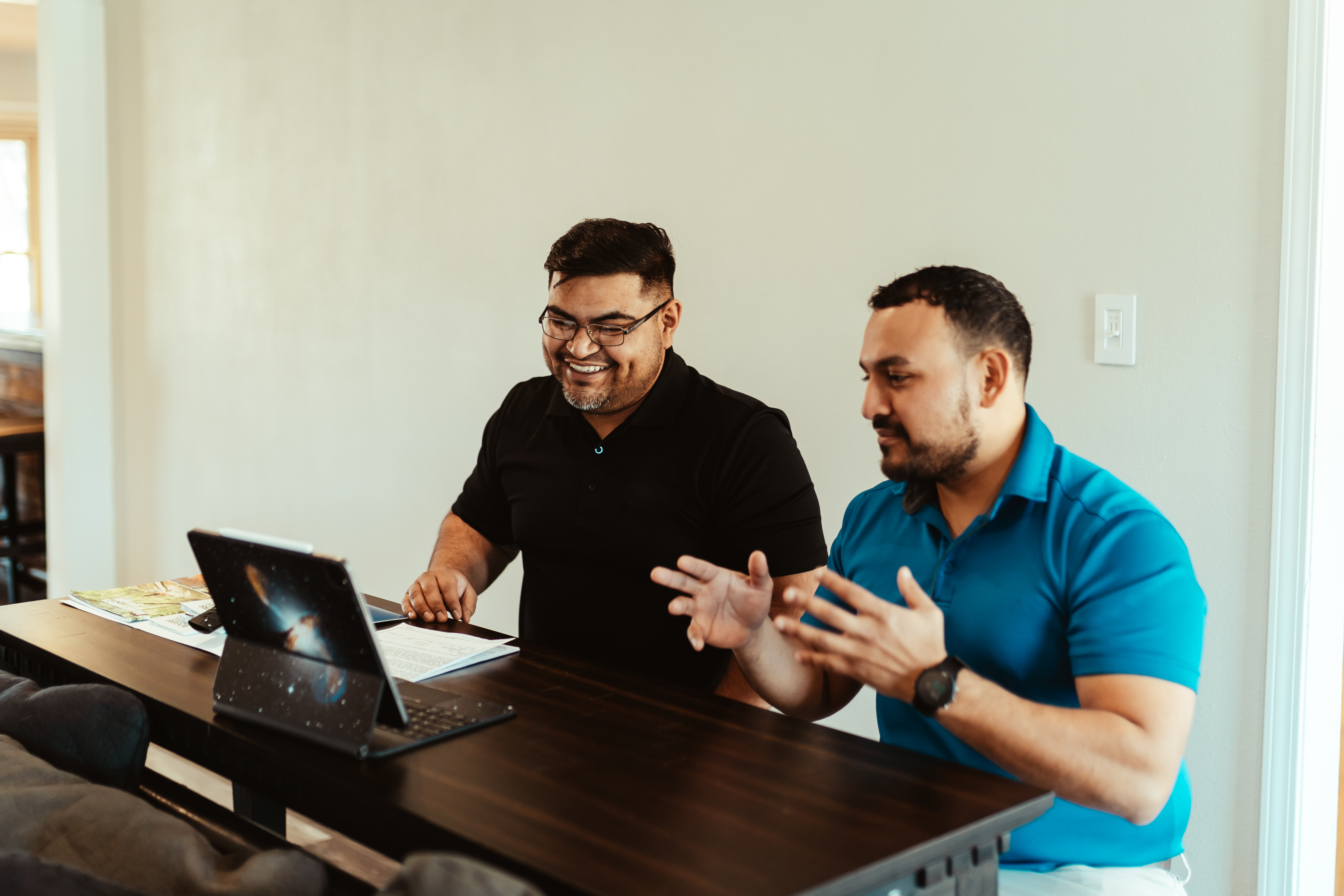From Hours to Outcomes: Rethinking CSR Measurement Through Strategic Mentorship
The future of corporate social responsibility isn’t about counting hours. It’s about proving outcomes.
3 min read
 Chris Motley
:
Nov 5, 2025 7:14:59 AM
Chris Motley
:
Nov 5, 2025 7:14:59 AM

Corporate social impact is undergoing a major transformation.
CSR and ESG leaders are no longer judged by good intentions or community goodwill alone. The expectation today is clear: CSR must drive measurable, systemic change — and tie directly to business outcomes.
That shift makes investing in education-to-career pathways one of the most strategic extensions of corporate purpose. Companies and philanthropic organizations alike are recognizing that the greatest impact happens when they help students translate education into meaningful employment.
This is where purpose meets performance.
While structured mentorship benefits all students by accelerating career readiness and confidence, its impact is amplified among the most under-resourced and historically underserved students. According to research from Strada and the National Survey of Student Engagement (NSSE), the majority of these students report having no industry connections upon graduation — a critical gap that limits career mobility despite educational achievement. Expanding access to mentorship bridges this divide, connecting talent to opportunity.
The pursuit of equitable talent pathways starts with addressing the social capital gap — the inequity of “who you know.”
Students from historically excluded backgrounds often have the talent but lack access to the professional networks that open doors to high-growth industries. Mentorship is one of the most proven, scalable interventions to close that gap.
Expanding networks expands opportunity. By connecting students with employees through structured, skills-based mentorship, companies can directly increase social mobility and build more inclusive talent pipelines.
This is especially critical for Historically Black Colleges and Universities (HBCUs) and Minority Serving Institutions (MSIs). Federal grants now explicitly reward organizations that partner with these institutions, signaling strong institutional support for building equitable pathways. Initiatives like the Strada HBCU Initiative exemplify this momentum—helping students connect academic learning with real-world experience through mentorship and leadership development.
For CSR and corporate foundations, aligning programs with HBCUs and MSIs isn’t just socially responsible — it’s strategically sound.
Forward-looking CSR leaders are aligning their social impact goals with workforce strategy by launching mentorship-driven programs that are measurable, scalable, and sustainable.
Skills-Based Volunteering (SBV), particularly through structured mentorship, is one of the most effective ways to connect employee expertise to community outcomes. Unlike traditional volunteering, mentorship leverages professional skills — communication, problem-solving, leadership — that create dual impact: community benefit and employee development.
Mentorship also builds inclusive leadership traits such as empathy, cultural intelligence, and awareness of bias — all critical competencies for the modern workforce.
By using digital mentorship platforms to connect students and professionals, companies can expand access to networks beyond geographic and socioeconomic barriers, ensuring equitable access to opportunity.
Corporate participation in SBV is accelerating — with median volunteered SBV hours reaching 65,560 in 2022, a 31% increase in just two years. Source: CECP, Giving in Numbers
Platforms like YourCause (by Blackbaud), Benevity, and Goodera already manage this engagement infrastructure. By embedding structured mentorship programs into these existing systems, CSR teams can transform one-time volunteer events into long-term, measurable impact initiatives that track both employee engagement and student outcomes.
This shift redefines volunteering from transactional to transformational.
True social impact requires partnership — between corporations, nonprofits, and universities.
The Ares in Motion (AIM) initiative from Ares Management is a strong example. Recognizing the interest of Gen Z employees in developing leadership skills through volunteering, Ares expanded its nonprofit board training program—originally designed for executives—to include junior professionals.
The result was a dual-impact model:
Nonprofits received trained, skilled board members.
Employees gained leadership and governance experience aligned with their career goals.
By transforming a service program into a structured, mentorship-driven experience, Ares aligned community investment with workforce development — a powerful example of purpose serving both sides of the equation.
Investing in student career equity through structured mentorship allows CSR leaders to define corporate citizenship not by dollars donated, but by measurable contributions to systemic change.
CSR is no longer a standalone initiative; it’s a strategic lever for business performance and workforce development.
The leaders who will define the next decade of social impact are those who move beyond check-writing and one-off events to build sustained, purpose-driven partnerships — partnerships that develop talent, expand opportunity, and strengthen communities.
What lasting legacy will your partnerships create?
Audit your current programs. Identify where employee expertise can drive the most meaningful change. And partner with organizations that make measurable mentorship at scale possible.
Together, we can redefine corporate citizenship — one structured, purpose-driven partnership at a time.
📩 Get in touch with Mentor Spaces to co-create pathways that connect your CSR strategy to student career equity.

The future of corporate social responsibility isn’t about counting hours. It’s about proving outcomes.

The Evolution of Skills-Based Volunteering Skills-based volunteering (SBV) has evolved significantly over the past few years. Previously seen as a...

For years, corporate volunteering has centered on hands-on service and one-day events. But the workforce has shifted. Employee expectations have...